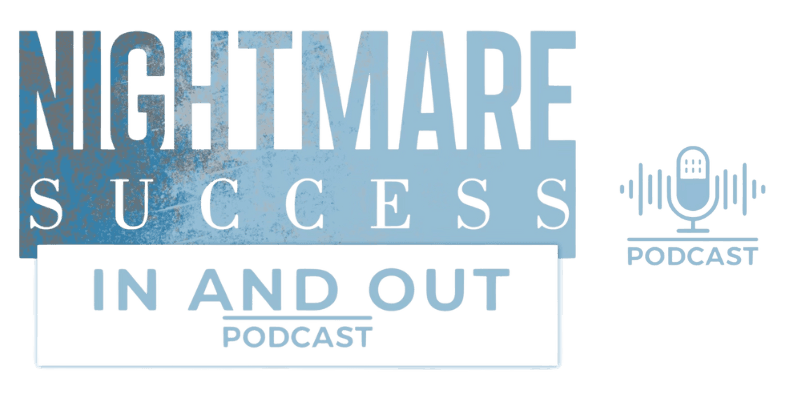
How I Got Through My RDAP Interview.
When I was sentenced to 24 months in federal prison for a white collar crime, the judge recommended I serve my time in a facility with RDAP (Residential Drug Abuse Program).
No Automatic Enrollment
Initially, I assumed this meant automatic enrollment. However, upon arrival at Alderson, I discovered there was a lengthy wait list. Priority usually goes to those nearing the end of their sentence or who have already served a significant portion.
Signal Your Interest.
To be considered for RDAP, my first step was showing interest upon my arrival. My enrollment wasn't guaranteed - I had to undergo an interview with an RDAP intake coordinator. Alternatively, BOP staff (Bureau of Prisons) can refer you. RDAP is voluntary, so I had to agree to the program rules and regulations to take part.
Interview Process.
From my perspective, the interview process was extensive. The coordinator delved into my entire life history, exploring any trauma, abuse or neglect, and discussing substance use disorders from my PSR.
One key question was whether I had used alcohol, prescribed medications, legalized substances like marijuana, or illegal drugs for an extended period, affecting work, school, or social life. They probed deeply into these details.
The interview was open-ended, emphasizing family relationships. Being honest and thorough is crucial for acceptance. These questions are just a glimpse of what to expect in RDAP, so consider carefully if you're ready to commit.
Key Points To Remember
Key points for RDAP qualification include verifying your substance use disorder, willingness to participate fully, and ensuring enough time left in your sentence to complete it successfully. These factors determine eligibility and readiness for RDAP participation.
Aillyn Aulov is a member of the Ministry’s White Collar Support Group™ that meets every Monday evening on Zoom.
